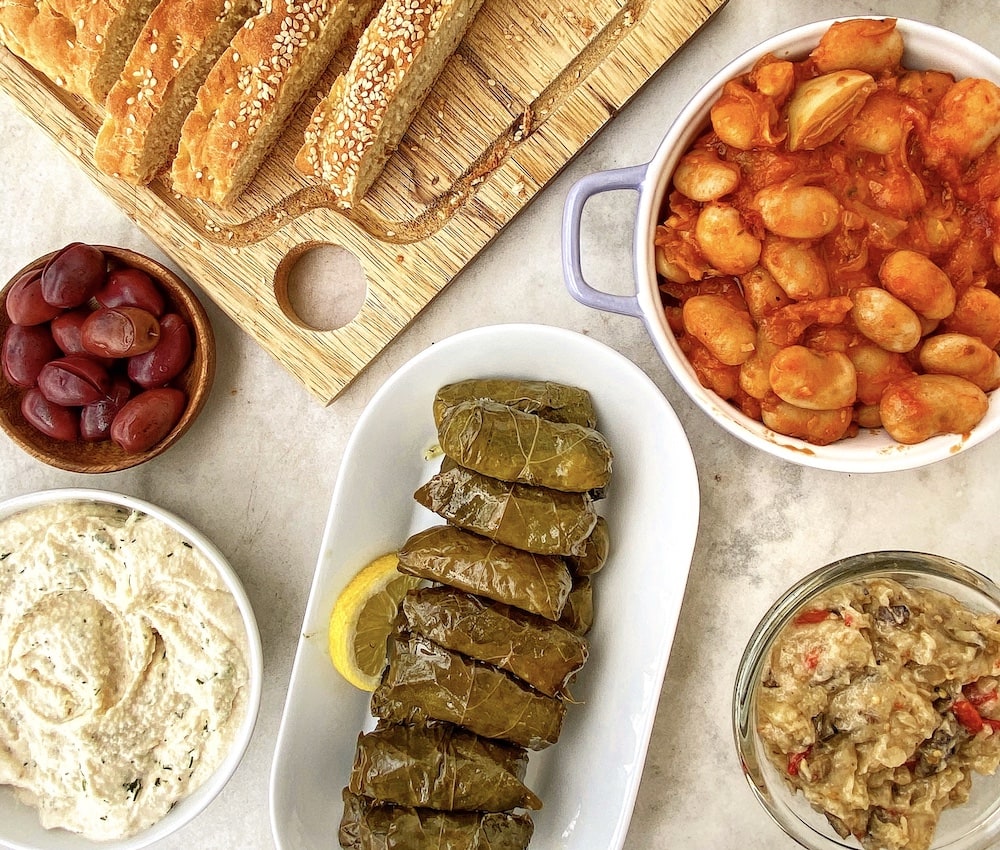
Happy Earth Day! Today I would take like to talk about how “green” the Mediterranean diet is. Contrary to what you may have read on the internet, in newspapers and magazines, the Mediterranean diet is not about eating salmon, imported cheese and expensive vegetables such as artichokes. This misinformation may give the impression that the Mediterranean not only is expensive but also not good for the planet if you have to eat imported vegetables and other foods from the other side of the world. In fact, the Mediterranean diet is quite the opposite; it is all about eating locally, in season and not letting anything go to waste.
The Mediterranean diet has actually been presented as a model and example for a sustainable diet for the Food and Agriculture Organization of the United Nations (FAO). But apart from the diet as a system, we all can follow a Mediterranean diet and make the diet sustainable for the planet and us. The basic principles of the Mediterranean diet go hand in hand with sustainability.
- Low meat consumption. We know that the Mediterranean diet is mainly a vegetarian diet as meat was consumed in small amounts. Eat vegetables as a main course on most days of the week and use meat as a side dish.
- Consumption of seasonal fruits and vegetables. That means no Greek salads in the middle of winter when tomatoes are not in season. Eating in season is something that was done within the traditional Mediterranean diet. Every food had its season and every season had its recipes.
- Consumption of local foods. Don’t try to follow a Mediterranean diet by for example, buying cucumbers from the other side of the world. The main idea of the diet is to eat what foods are grown and available close to you, not what foods might be considered “Mediterranean”.
- Cook your own food and use real food. Processed and packaged food is minimal. Cooking your own food not only results in a healthier meal but uses less energy (less processing, less packaging, less transport).

Great article again Elena. Basically a simple, healthy and nutritious diet for the whole world. Is there a scientific correlation with the ‘blue zones’ in the world? One zone is in Greece, but also one in Japan 🙂 ?
Agreed. It is best to eat local and seasonally. I don’t like imported tomatoes or out of season tomatoes. They are flavorless. A lot of greens – Horta with olive oil and fresh squeezed lemon juice.
Great article Elena! I have just downloaded the Sustainable Diets and Biodiversity report and am very much looking forward to reading it, especially the Mediterranean diet example. Thanks for this valuable information!